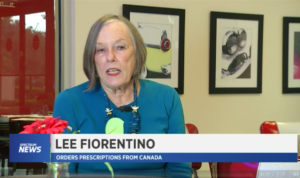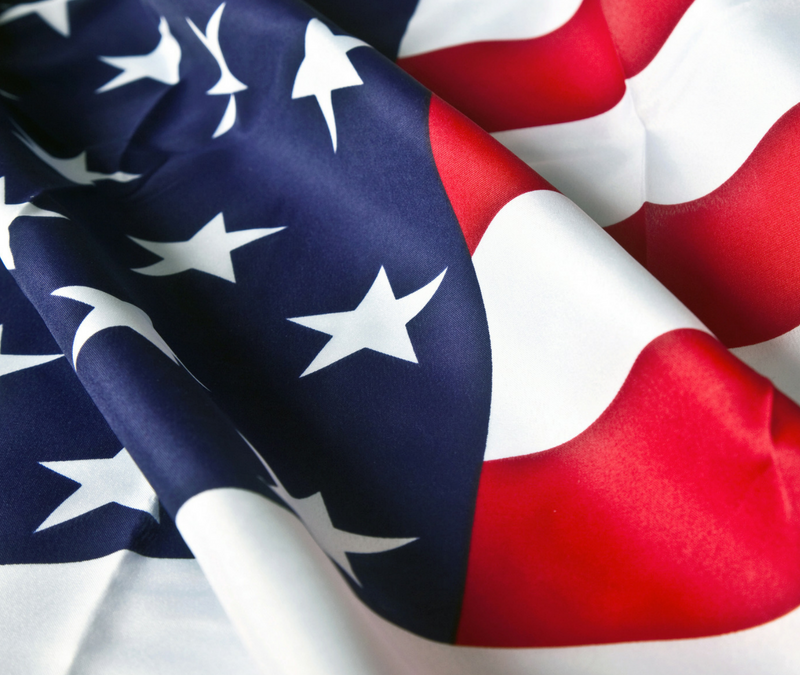Domperidone Imports Available Through FDA Expanded Access Program and Online
 This week, PharmacyChecker added information about Domperidone to our Domperidone drug price comparisons page to better educate people considering ordering this medicine. The product is also sold under the name “Domperidone Suspension” as well as the brand name “Motilium.” Exploring this drug and the U.S. Food & Drug Administration’s Expanded Access Program is key when looking at avenues of drug importation that are expressly permitted in the U.S. My aim in this post is to explain how this program works; differences of opinion about medical ethics related to Domperidone and other medications that may not be FDA-approved but are still of interest to doctors when treating their patients; and how this relates to the subject of personal drug importation overall.
This week, PharmacyChecker added information about Domperidone to our Domperidone drug price comparisons page to better educate people considering ordering this medicine. The product is also sold under the name “Domperidone Suspension” as well as the brand name “Motilium.” Exploring this drug and the U.S. Food & Drug Administration’s Expanded Access Program is key when looking at avenues of drug importation that are expressly permitted in the U.S. My aim in this post is to explain how this program works; differences of opinion about medical ethics related to Domperidone and other medications that may not be FDA-approved but are still of interest to doctors when treating their patients; and how this relates to the subject of personal drug importation overall.
Domperidone Treatment and Regulations in Different Countries
Domperidone is approved for sale in Canada and the United Kingdom, as well as other countries, but not the U.S. Unlike FDA-approved drugs sold in Canada and the UK, the FDA provides patients and their providers with a specific, permitted process to import Domperidone for personal use.
Domperidone is approved for sale in Canada for treating several gastrointestinal conditions; in the UK, it is only approved for the treatment of nausea and vomiting.
Domperidone increases lactation in breastfeeding mothers, but, due to serious potential side effects, it is not approved in any country for this purpose. However, in Australia and other countries, it is prescribed off-label to improve lactation. You can find an excellent discussion with points for and against this here: Off-label Prescribing of Domperidone
Expanded Access Programs
While the FDA has not approved it for sale in the U.S., Americans can access Domperidone under the federal agency’s Expanded Access Program. This program provides a permitted protocol to obtain drugs through an Investigational New Drug application (IND). Only FDA-approved drugs can be distributed in the U.S. INDs offer a path for drug companies who want to transport drugs that are not yet approved in the U.S. across state lines, usually for purposes relating to clinical trials of new drugs.
INDs are used by physicians to apply to the FDA to treat patients with Domperidone. While the FDA has not approved it for sale here, the FDA agrees that Domperidone may benefit people with severe gastrointestinal motility disorders when the potential benefits outweigh the risks.
Domperidone Risks
In 2004, with an import alert on Domperidone, the FDA very strongly came out against use of Domperidone for lactation and does not allow imports for that purpose. The agency also stopped compounding pharmacies from making and dispensing the drug domestically. The FDA states that the drug substantially increases the risk of cardiac problems, which outweigh the benefits (including aiding lactation). Interestingly, as recently as 2015, the Pharmacy Compounding Advisory Committee met with the FDA to try and change the agency’s mind to allow them to compound Domperidone. The request was denied.
Here’s a general overview of the program to obtain Domperidone. Detailed instructions for this process are contained in the FDA’s Domperidone IND Packet.
Domperidone Importation Exceptions
The FDA’s communications about this program are to physicians, patients and pharmacies – but patients cannot act without their providers. Unlike personal drug importation of FDA-approved drugs or foreign versions of FDA-approved drugs, to obtain drugs under the Expanded Access Program requires the participation of U.S. physicians, U.S. pharmacies, and the overseas manufacturers of the drugs.
The FDA has identified one pharmacy, called Dougherty’s Pharmacy, with two locations in Dallas, TX that is permitted to import and distribute Domperidone. It’s not clear why there is only one company involved. The FDA communicates that other pharmacies can apply to distribute Domperidone.
The FDA does not permit physicians and their patients to use the program to import Domperidone for breastfeeding mothers having problems with lactation. Recall, it’s also not approved for that purpose in Canada or the UK – or anywhere. However, in Australia, it’s prescribed off-label for this purpose. Off-label prescribing is when a provider writes a prescription for a patient to treat a condition with a drug that has not been approved by the FDA (in the U.S.) for that condition. Off-label prescribing is both legal and very common in the U.S., although controversial. According to WebMD, 20% of prescriptions are written off-label.
Physicians are allowed to prescribe medication off-label based on their medical judgement. I believe that would include Domperidone. One doctor, Juliet Mavromattes, MD, makes a case for why it would be medically unethical to prescribe Domperidone for lactation in the U.S. – but OK for GI disorders, per FDA’s guidance. Here’s a vehement defense of prescribing Domperidone to improve lactation from a pediatrician in Canada.
Safety When Buying Domperidone Online
If you do choose to buy Domperidone online from another country, be careful who you buy from. There are a lot of websites who will offer to sell this drug without a prescription. Many such sites are dangerous to order from. You can be more certain of obtaining the right medicine, dispensed by a licensed pharmacist, if you stick to ordering Domperidone from an online pharmacy verified through the PharmacyChecker Verification Program.
Prices for Domperidone 10mg range from 16 cents to 49 cents a pill: for 200 pills, that’s $32 vs. $98. The online pharmacies will likely decline to dispense it for lactation from certain countries, including Canada, but may do so from Australia where the drug is prescribed off-label.
FDA’s Path to Safe Personal Drug Importation
As this relates to personal drug importation overall, it’s interesting to note the reasoning the FDA provides for permitting it. Here are some highly relevant excerpts from the FDA’s website:
“The Expanded Access program facilitates availability of investigational drugs (such as Domperidone) to patients with serious diseases or conditions when there is no comparable or satisfactory alternative therapy to diagnose, monitor, or treat the patient’s disease or condition.
“To help facilitate the IND process, FDA has developed this packet, which includes instructions, templates, checklists, a protocol outlining the treatment plan (multi-patient INDs only), and summary of regulatory requirements. As sponsors of an active IND, physicians can prescribe Domperidone to qualifying patients.”
In view of the FDA’s positions here on availability and access, it provides a lot of room to defend lack of access based on affordability. It also shows how the FDA could engage healthcare providers in assisting patients with safe personal drug importation of FDA-approved drugs and foreign versions of FDA-approved drugs. For example, a doctor could fill out a form, similar to the one used to obtain Domperidone, to help a patient import a drug from Canada that the patient can’t afford domestically.
We know that doctors, nurse practitioners, and physician assistants—ones that recommend use of PharmacyChecker-verified online pharmacies—are concerned about the FDA’s actions against personal imports. They would appreciate a more organized pathway to help their patients obtain affordable drugs from Canada and overseas.
Tagged with: Domperidone, Expanded Access Program, imports



